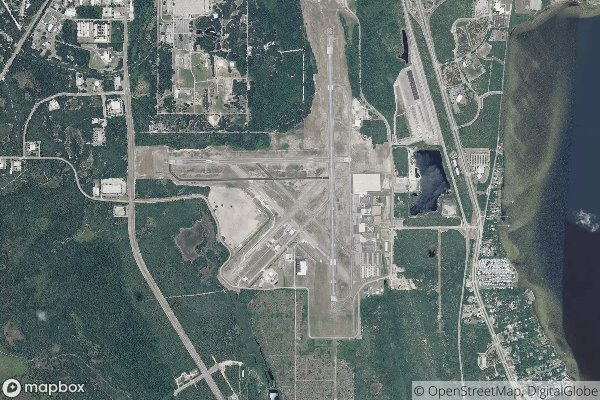| Code Type | Location |
| BWG/KBWG | Bowling Green, Kentucky, United States |
- See here the complete List Of All Airports In United States with Codes.
Understanding BWG/KBWG Airport Code (Structure of Airport Codes, Challenges and Confusions)
Airport codes play a crucial role in the aviation industry, serving as unique identifiers for airports around the world. The BWG/KBWG Airport Code is no exception, representing the Bowling Green-Warren County Regional Airport in Bowling Green, Kentucky. But what exactly does this code mean, and how is it structured? In this article, we will dive deep into the structure of airport codes, the challenges and confusions that come with them, and the operational significance of the BWG/KBWG Airport Code in aviation.
Decoding Airport Code
The BWG/KBWG Airport Code follows the standard structure for IATA and ICAO airport codes. The IATA code, BWG, is derived from the airport’s name, Bowling Green, while the ICAO code, KBWG, is generated based on the location of the airport. The “K” in KBWG denotes airports in the United States, followed by the three-letter code assigned to the airport. Understanding this structure can help travelers and aviation professionals decipher the meaning behind airport codes and easily identify airports when booking flights or managing operations.
Operational Significance
The BWG/KBWG Airport Code holds significant operational value in the aviation industry. For pilots and air traffic control personnel, the code serves as a vital communication tool, allowing for quick and efficient identification of the airport during radio transmissions. Additionally, airline staff use the code to manage flight schedules, track aircraft movements, and coordinate ground operations. Without the BWG/KBWG Airport Code, the seamless flow of aviation operations would be disrupted, underscoring the critical role that airport codes play in the industry.
When discussing the history of airport codes, it is essential to note that they were initially created to streamline communication and standardize airport identification. As air travel became more widespread, the need for a universal coding system became apparent, leading to the development of the IATA and ICAO airport codes. These codes have since become an integral part of aviation, enabling efficient air traffic management and enhancing safety and security measures.
In conclusion, the BWG/KBWG Airport Code is not just a random assortment of letters; it is a structured and meaningful identifier with significant operational implications. Understanding the structure of airport codes, the challenges and confusions associated with them, and their operational significance is essential for anyone involved in the aviation industry. By unpacking the mysteries behind airport codes, we can appreciate their role in ensuring the smooth and safe operation of air travel.


